Osmanthus fragrans
In August, Osmanthus fragrans are everywhere. Do you want your home to be full of fragrance? Then you can start cutting now

Branch selection
Cutting branches are very important. We should choose varieties with small plants, compact plant type and more flowers, such as Osmanthus fragrans, Osmanthus fragrans, late Osmanthus fragrans, etc. these varieties can adapt to the environment of home or courtyard
Select semi lignified branches with a length of 10 ~ 12cm, cut the lower end into horseshoe shape, and retain 2 ~ 3 leaves at the upper end of the branches
Soil selection
Choose high and deep flowerpots. The soil can be acidic soil rich in humus. It is best to choose vermiculite, because it is loose and breathable, has good moisture and water retention performance, and has been treated at high temperature, which is more conducive to the rooting and development of branches
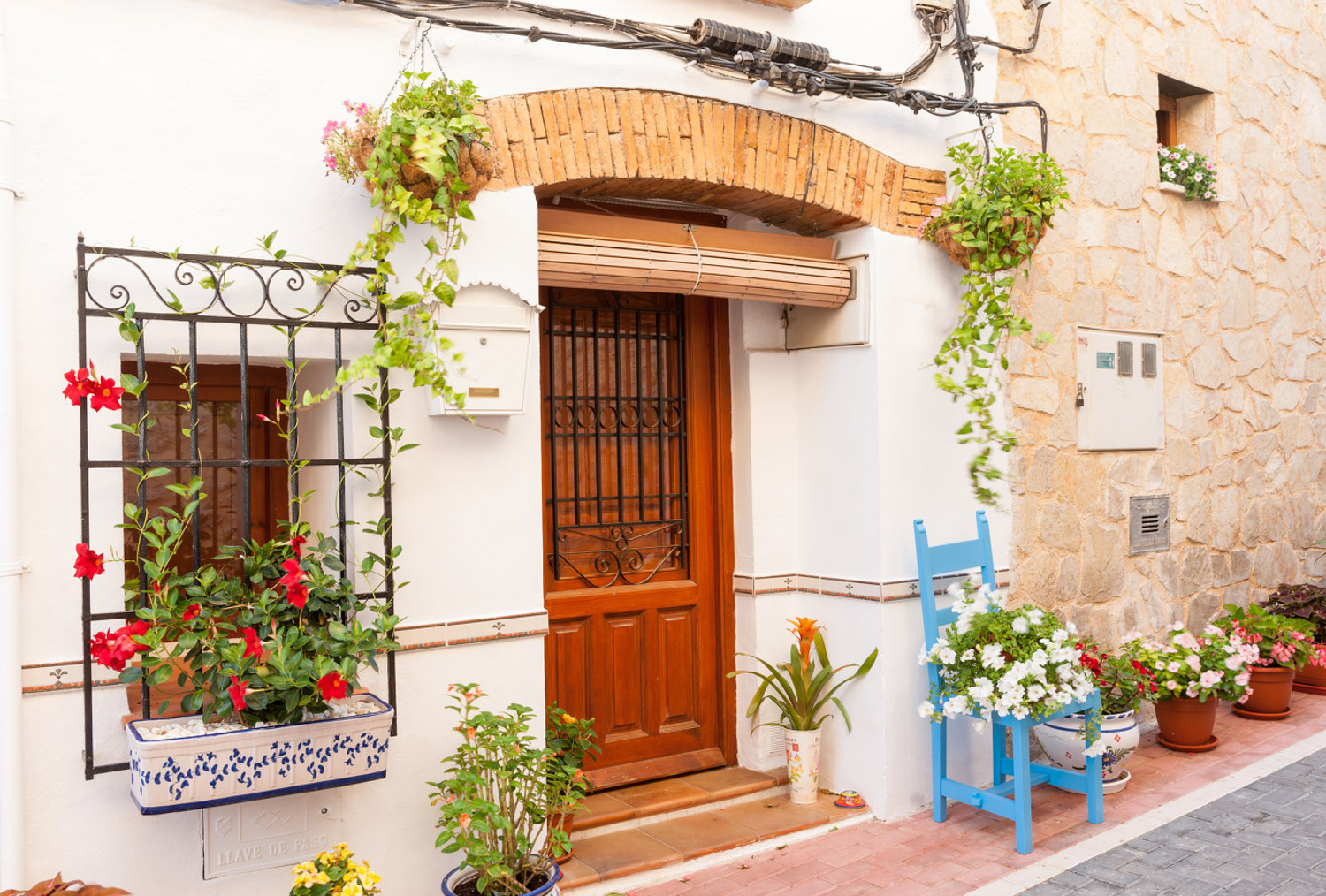
Cutting method
Dip a small amount of rooting powder under the branches, then insert 1 / 3 of the branches into the soil, pour water and cover with plastic film
Before the branches take root, avoid direct light and ensure enough scattered light. Don't water often to avoid excessive humidity, which will cause branches to rot. One month after cutting, root nodules will gradually grow, and gradually increase the light
Dahlia
Isn't the bright Dahlia beautiful? Various colors are enough to make your garden beautiful. And the survival rate of dahlia is very high, and the maintenance is also very simple. It's autumn. Go and plant a pot of dahlias
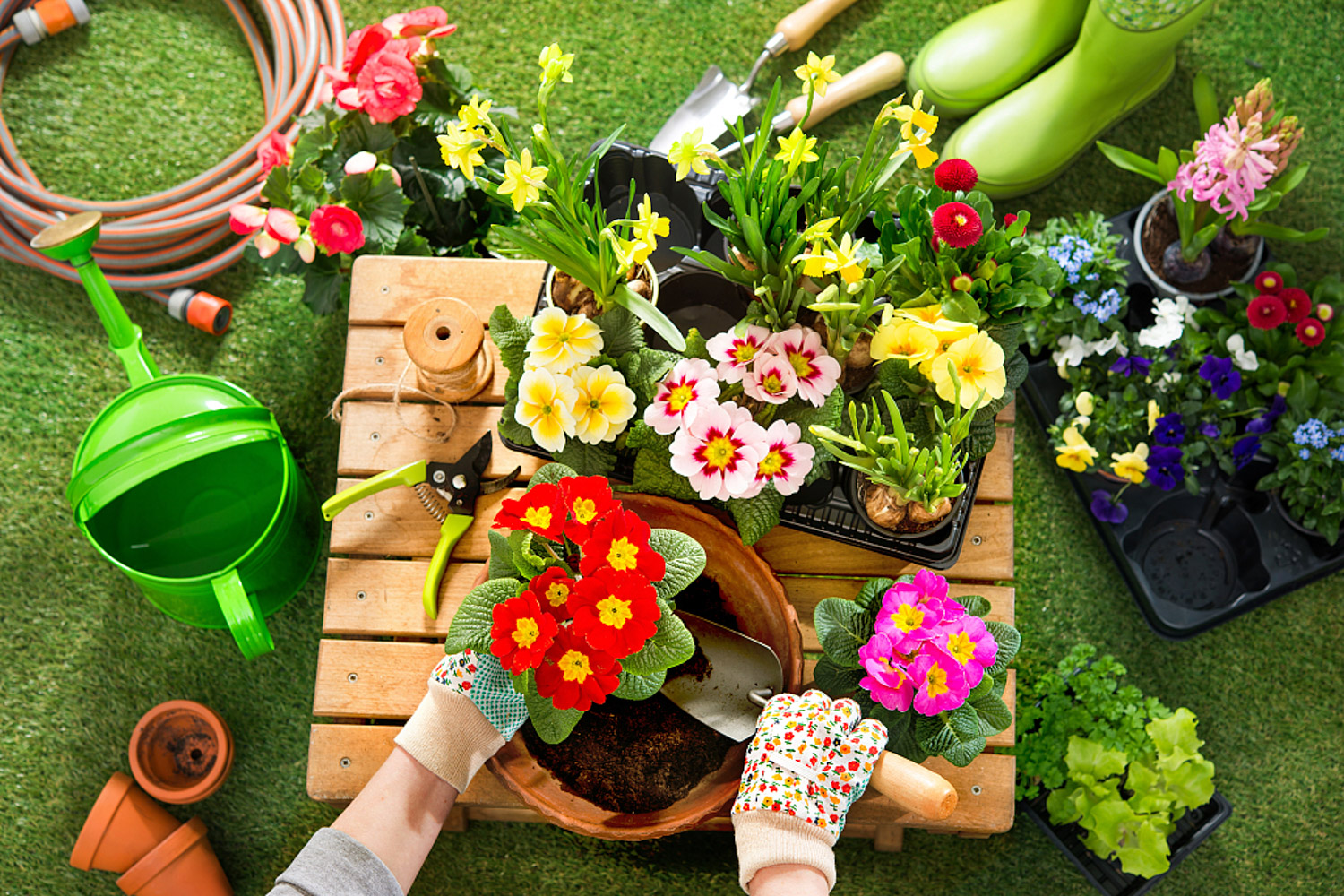
Branch selection
Needless to say, the cuttings should be dwarf, with large flowers and stretched leaves. A part of the bud eye shall be reserved for the branch properly. Generally, two bud eyes shall be reserved for the upper part and one bud eye shall be reserved for the lower part, and the lower leaves shall be reduced
Soil selection
The soil is watery birch. The soil has no strict requirements. It is made of ordinary pastoral soil and fine sand mixed with a small amount of sawdust and compost. However, before cutting, disinfection should be carried out to avoid the occurrence of diseases and pests
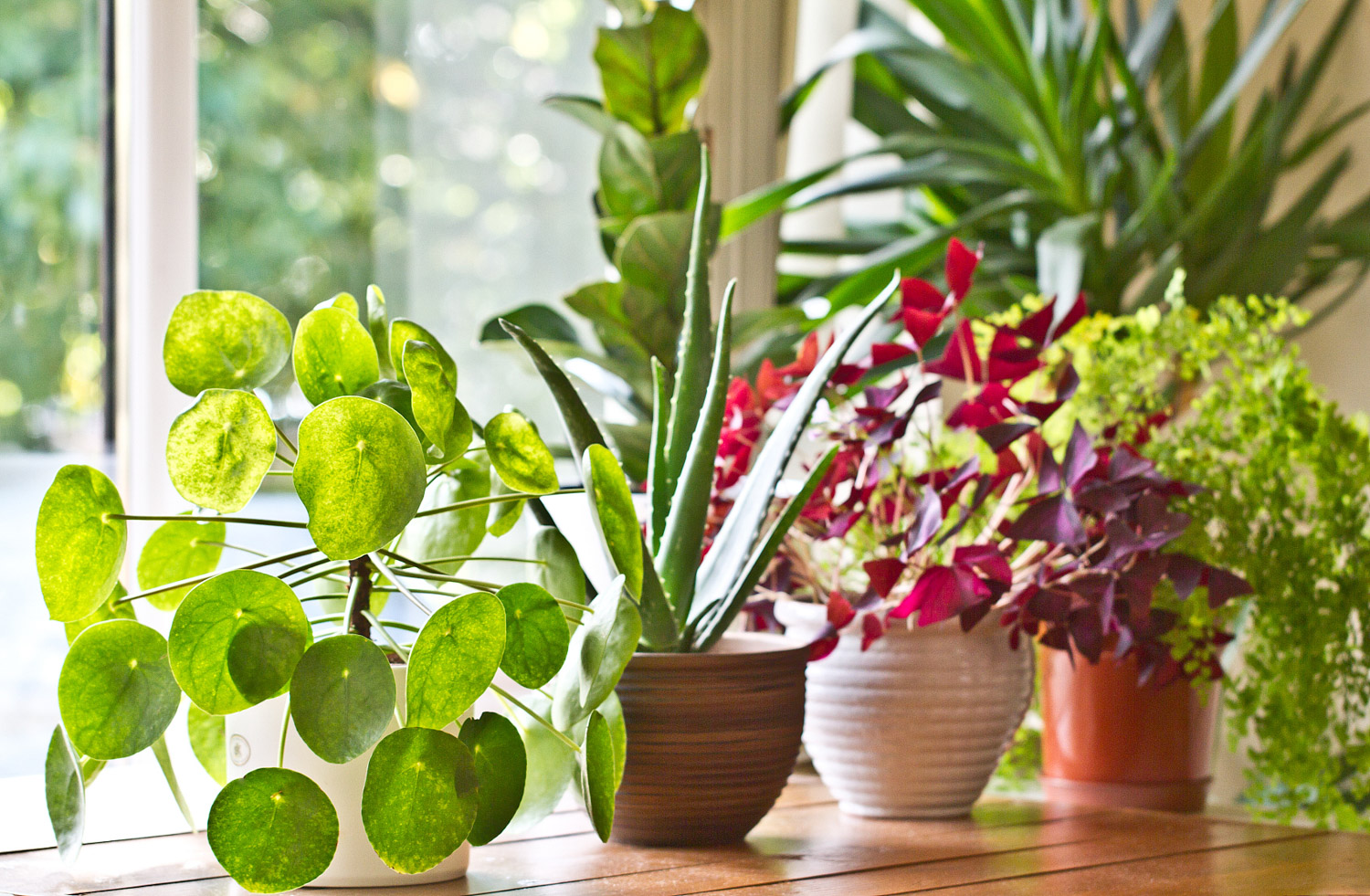
Cutting method
Insert the branches into the soil, expose the two bud eyes above, and water them through. When the environment is dry, it can be covered with fresh-keeping film, which can not only keep warm and moisturize, but also isolate the infection of bacteria and improve the survival rate of cutting
Spray water once in the morning and evening on sunny days for 15 consecutive days. After 3 weeks, it can take root! Because Dahlia's fingernails are soft, when the branches are elongated, a support needs to be set up to avoid breaking the stems and leaves
Rose
How I wish I had a beautiful rose in my home. Roses bloom, climb all over my window and make the world happy
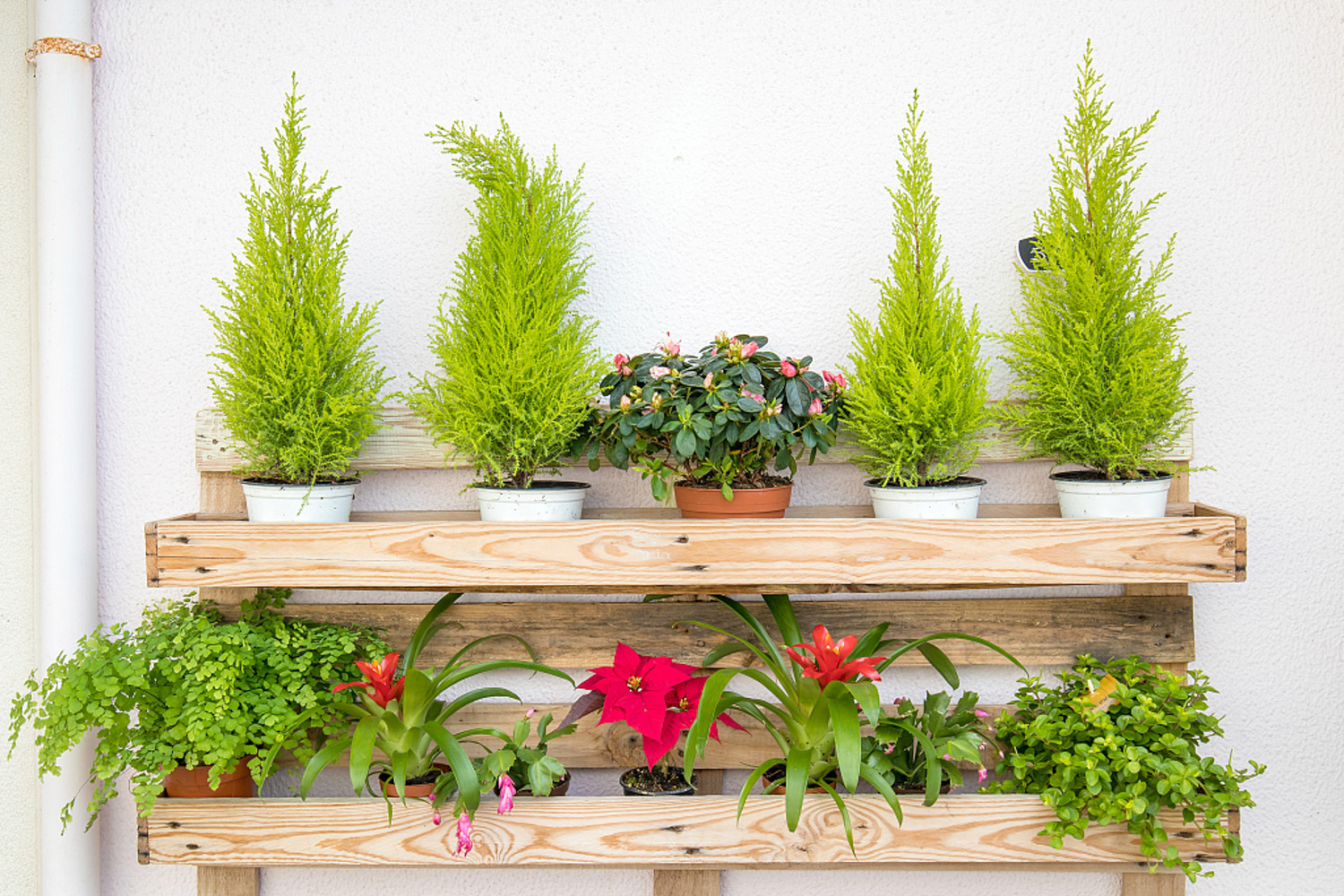
Branch selection
The cutting branches of rose generally choose the semi lignified branches born in the same year, with a length of 6 ~ 10 cm. The incision is flat. The lower leaves are cut off and only 3 ~ 4 small leaves at the top are left
Soil selection
Generally, the soil for cutting rose flowers is mixed with humus soil and river sand. For simple ones, you can directly use soil for cutting without worrying about inactivity

Cutting method
Spray the soil wet the day before cutting, and it will just be moist the next day. The cutting of branches should not be too deep, 3 ~ 4cm. When cutting, you can first insert a few small holes in the soil with chopsticks, then insert the branches directly, compact the soil by hand and pour water once. After inserting, cover the flowerpot with a plastic bag
After cutting, put the flowerpot in a place without direct sunlight. Within 10 days, spray water every day and shade it within 4 ~ 5 weeks. It can not accept the sunshine until small buds grow. It usually takes 2 months to take root
Geranium
Geranium cutting is a very easy thing. Just cut and live. Let's see how Geranium grows casually
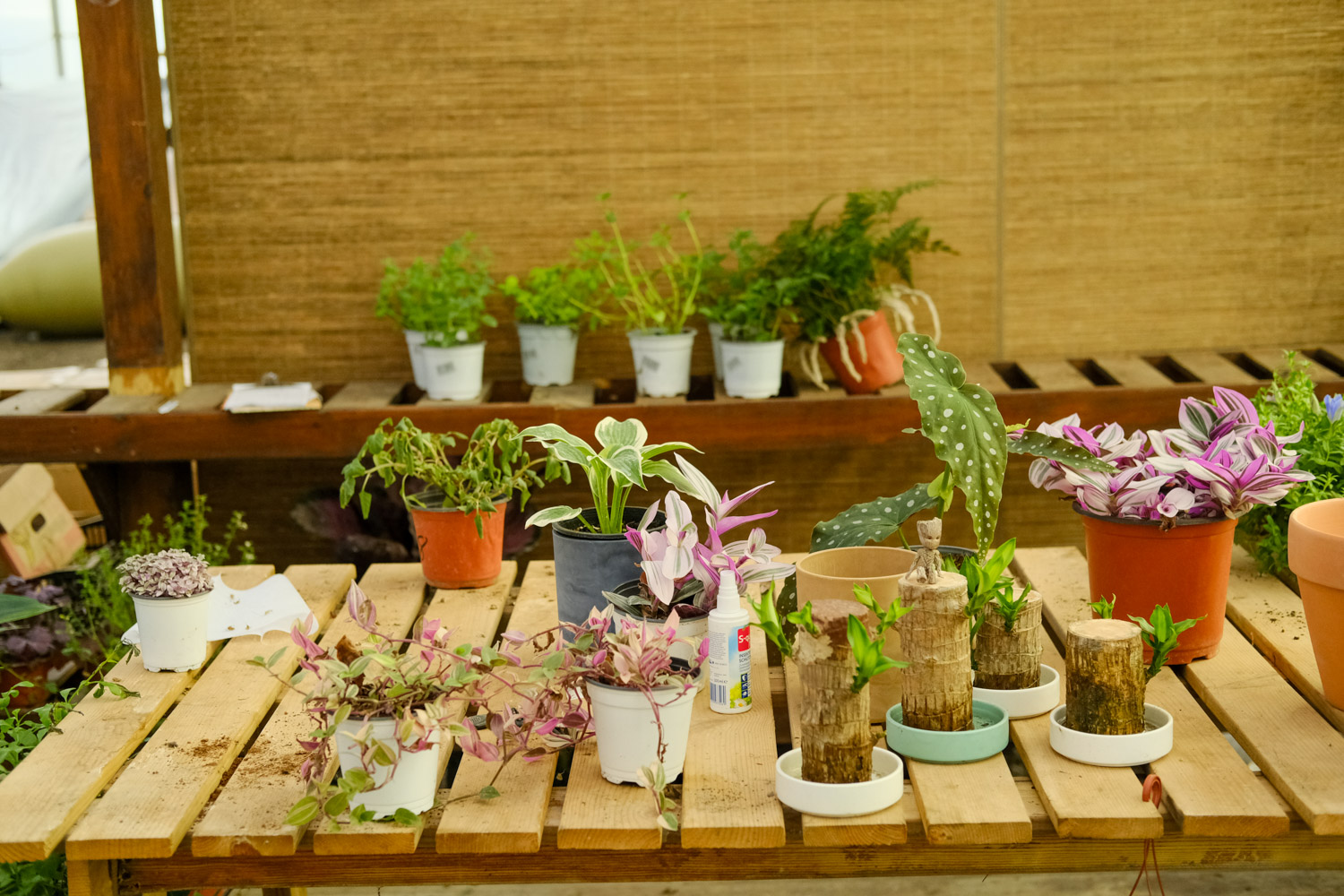
Branch selection
Geranium cutting is easy, but the choice of branches is very important. Generally, select the one with 3 ~ 4 blades on the top, and cut it obliquely 0.5cm away from the leaf node, and the incision shall be as flat as possible. Then cut off all the lower blades
Selection of soil
When cutting, put a layer of coarse sand at the bottom of the flower pot, which is conducive to running water. Put ordinary pastoral soil in the middle and fine sand on the upper layer, which is conducive to water conservation

Cutting method
First, put the cut branches of geranium in the shade to dry for 1 ~ 3 hours, then water the soil and insert the branches! Within half a month, the flowerpot should be placed in three places without direct sunlight, and then moved to half a sunny place after half a month. Geranium can take root in about three weeks
Hydrangea
Damei Hydrangea, look at the flowers. Who doesn't like it
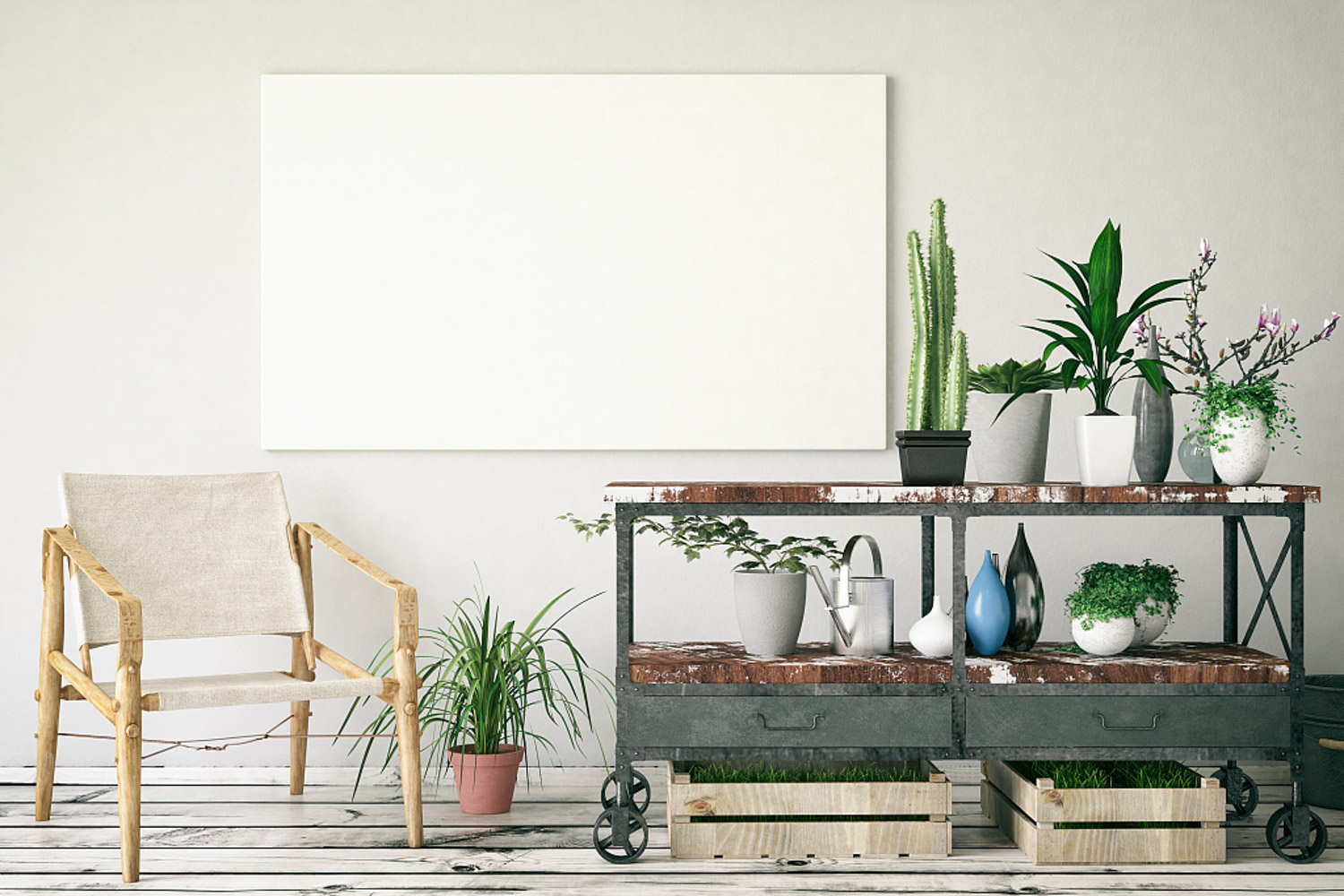
Branch selection
Cut the branches of a stem node, keep the leaves on one side, and lose half of the leaves. The branches of Hydrangea need cutting immediately after cutting, otherwise it is easy to wilt. If time doesn't understand, you can put it in water and cut it slowly
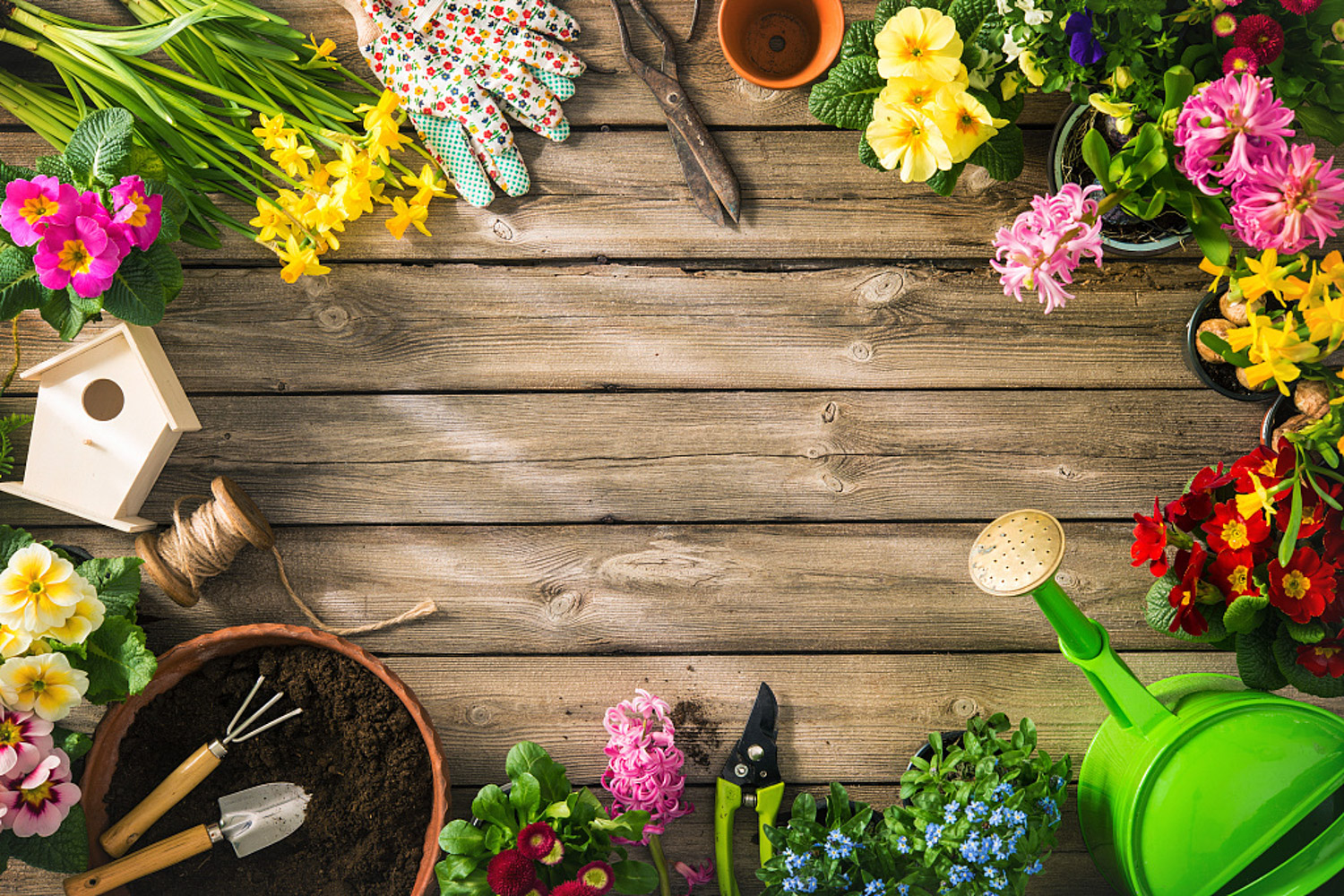
Cutting method
Cuttage Hydrangea, the soil is not very strict requirements, ordinary can. Insert the cut branches directly into the soil and water them through. Then put the flowerpot in a cool place and spray water frequently to ensure that the leaves do not wilt. After about half a month, it will take root. When 3 ~ 4 leaves grow, it can be transplanted

 how many times do yo...
how many times do yo... how many planted tre...
how many planted tre... how many pine trees ...
how many pine trees ... how many pecan trees...
how many pecan trees... how many plants comp...
how many plants comp... how many plants can ...
how many plants can ... how many plants and ...
how many plants and ... how many pepper plan...
how many pepper plan...





























